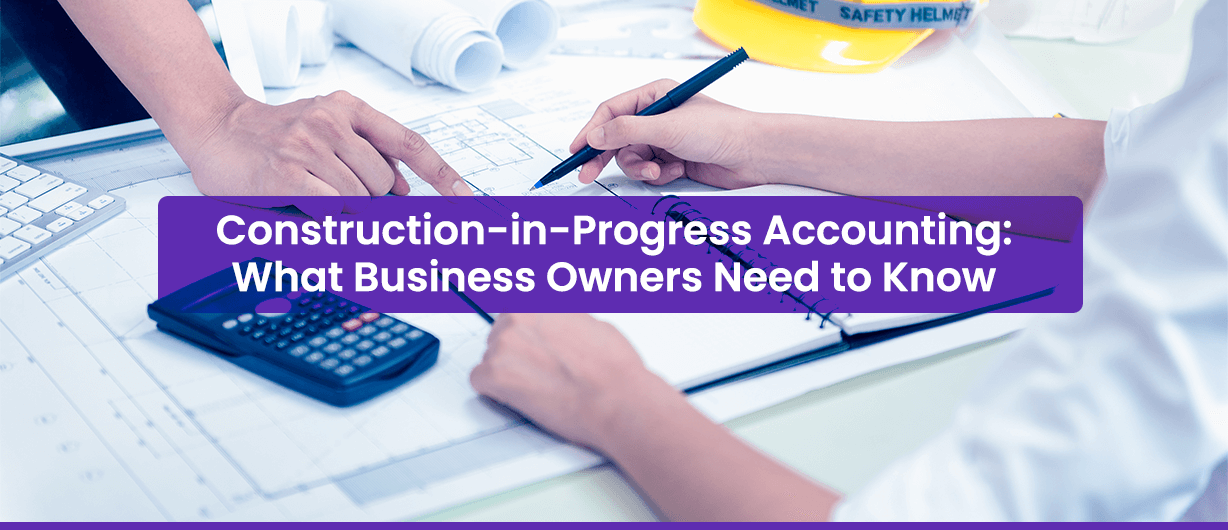March 1 2023 | By Farwah Jafri | 4 minutes Read

Accountants and CPAs have their Places within a business. Both are finance experts who help firms achieve compliance with the laws, balance cash flows, and utilize financial data. However, they have distinct statuses, powers, licenses, and responsibilities.
For instance, an accountant tracks routine transactions, creates budgets, performs cost analyses, and prepares financial statements. In contrast, a CPA prepares and files taxes, devises business strategies, manages audits, & endorses financial statements.
So, without further ado, let’s dive deep into the world of CPAs and Accountants to learn who does what and when to call whom.
In this battle of CPA vs. Accountant, it is important to know that the CPA is a more advanced player with better knowledge, expertise, and a license. An acronym for Certified Public Accountants, CPAs must meet education and license requirements defined by the state and pass a CPA exam to earn the title.
AICPA, or American Institute of CPA, conducts the exam. An accountant with a CPA is accepted nationwide as an expert with the right to file taxes, manage audits, and endorse financial statements. Further, a set year of experience is also required to get the license besides the education and examination.
See Also: Top 5 Questions To Ask An Accountant When You Want To Grow Your Business
A CPA is mainly responsible for analyzing and reporting business financial data. They work with top-level executives to help businesses devise winning financial strategies & recession-proof their firms. Most importantly, they develop, update, and maintain policies and procedures and oversee budgets.
Further, a CPA is a person who is liable to ensure internal audits and financial reports are up-to-date and accurate. They also generate tax reports and represent the company to the IRS.
Not to forget, they are the people who sit with the board of directors to help lead review of compensations, check business costs, and suggest budget cuts. Besides this, managing accounts payable and receivable also falls within the forte of a CPA.
Though a CPA can both consult and audit a business, one CPA cannot do both due to a conflict of interest.
As per job responsibilities, an accountant mirrors a CPA. However, the former holds fewer privileges compared to the latter. Thus, an accountant performs more basic tasks needed to keep financial records readable.
Truthfully, a CPA won’t be able to do what he does without an accountant’s help, who ensures the former has the data to work its magic. Simply put, an accountant manages financial documents and cash or credit receipts to help a business achieve compliance with relevant laws, codes, and regulations.
It is also fairly common to see an accountant record and track transactions, essentially keeping books in the absence of a bookkeeper. Further, an accountant prepares financial statements, oversees payroll, and implements financial best practices.
An accountant often single-handedly ensures a small business’ finances are on track and the business stays compliant.
Undoubtedly, a CPA is more knowledgeable, qualified, and relatively better than an accountant. However, they don’t always get preference over accountants. In plain words, the dilemma comes down to a business’s exclusive needs. At times, it is best to stick with an accountant, while sometimes, it is a must to hire a CPA.
So, it is a must to know your needs and decide accordingly. Hire an accountant if you run a small or medium business and want to fix your messy finances on your own. Conversely, head directly to a CPA if you have problems with business taxes, audits, or other complicated finance issues.
Remember, an accountant is not much different than a bookkeeper. So, if you want to track finances to run your business better and require nothing else, don’t overspend on a CPA. Stick to an accountant and work your way up to a CPA.
Running a business can be made simple once you assemble the right team. An accountant certainly earns his spot for performing due diligence and ensuring the business’s financial documents remain in shape. On the other hand, a CPA handles trickier financial affairs.
Fortunately, it is no longer a hassle to find either, as now you can hire virtual accountants and CPAs who do more and cost less at Monily.
Subscribe for business tips, tax updates, financial fundamentals and more.
MORE BLOGS

Knowing the right questions to ask an accountant can put you at an advantage, whether you are an owner of a business or planning to start […]
Learn More →
Construction accounting is not just tracking accounts payable, receivable, and payroll. Unlike other businesses, construction companies have to manage other anomalies like job costing, retention, progress […]
Learn More →